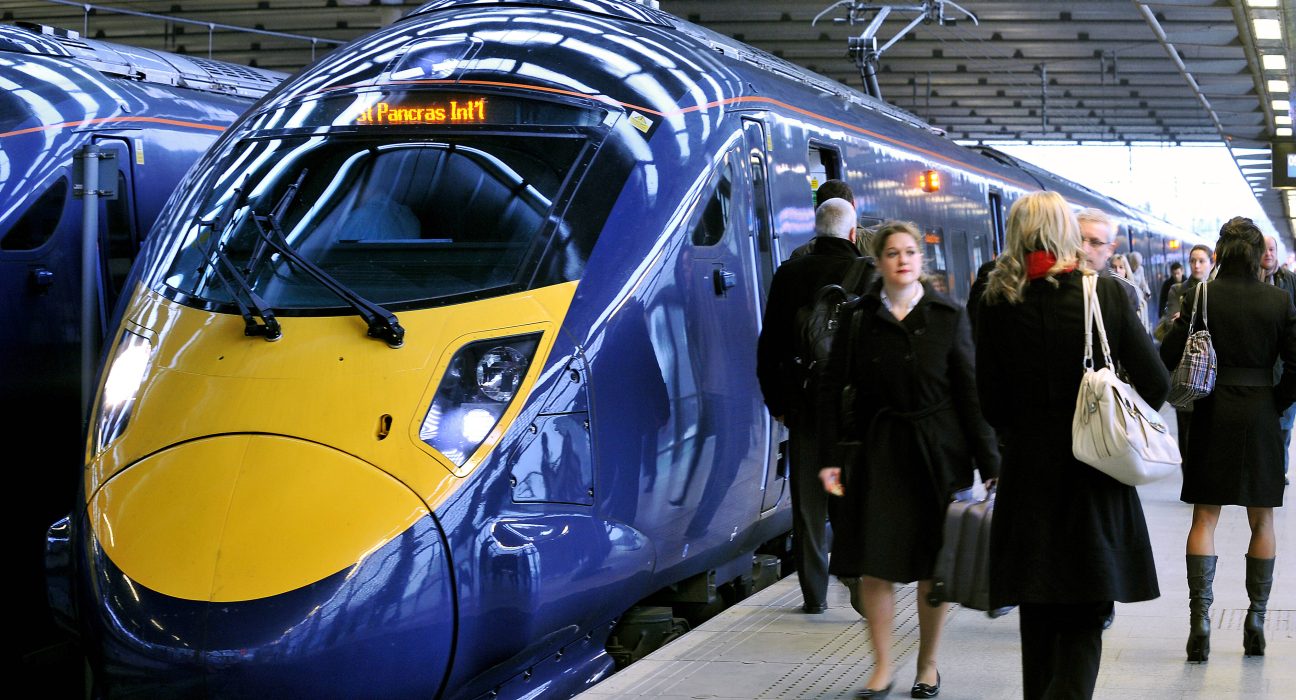Britain will accelerate reforming its underperforming railways, Transport Minister, Mark Harper, said on Tuesday in London.
The ministry is banking on a fresh injection of private-sector competition to improve service standards and make ticket pricing fairer.
Britain privatised its railways in the 1990s, splitting infrastructure management from service provision.
The splitting complicated long-term investment decisions and spawned an intricate web of rail franchises and siloed ticketing systems.
Battered by the COVID-19 pandemic and recently disrupted by industrial unrest, the deteriorating quality of key services has drawn widespread criticism.
But political opinion is split on the solution.
While the opposition Labour Party has campaigned for full nationalisation, Prime Minister Rishi Sunak’s Conservatives are re-committing to a central role for the private sector.
Harper pledged to push ahead with creating an arm’s length public body named ‘Great British Railways’ (GBR).
GBR, first announced in 2021, will take over long-term strategy, promising more flexible operator contracts.
It also planned to lower barriers of entry for rail operators and a liberalised market for rail tickets.
Read Related News:
Britain, France sign deal to curb illegal migration
UK businesses fear gloomy Christmas as cost of living soars
Palestinian PM urges Britain to recognise state of Palestine
“We need a pragmatic partnership; harnessing the necessary oversight of the state with the dynamism, innovation and efficiency of the private sector,” he said in a speech.
“This is our chance to resurrect some national pride in our railways.”
The pandemic disrupted traditional commuter patterns many operators depended on.
This drove the existing franchise system into collapse and forced the state to offer contracts to providers in return for running certain services.
But Harper said that model – which exposed the government to the risk of fluctuating revenues – was a short-term fix, which the government would phase out.
Instead, new-format contracts would spread out those risks.
They will also balance commercial incentives with passengers’ needs.
New entrants would also be encouraged to compete with existing services.
Harper also said he wanted a competitive retail market for ticketing.
This means demand could influence prices more directly on some services and the expansion of pay-as-you-go with simplified ticketing. (Reuters)
Do you have a flair for Citizenship Journalism? Share story(ies) of happenings in your area with The NewsZenith on WhatsApp: 08033668669 or thenewszenith@gmail.com
